TBILISI, DFWatch–The parliament in Georgia today passed a law which allows filming and taking photographs inside courtrooms.
Also at today’s plenary session, parliamentarians decided to cancel fees for kindergartens and to separate the garbage fee from the electricity bill for Tbilisians.
Lifting the photo ban in courtrooms was an initiative by Saakashvili’s National Movement (UNM) which was supported by the ruling Georgian Dream coalition.
The draft amended the law about courts and was presented today at the third hearing. It was prepared by Vakhtang Khmaladze, a representative from the ruling coalition, and Levan Bezhashvili from the UNM.
In its final version, the law says that audio and video recording of court hearings may only be prohibited by the motivated decision of a court.
101 out of 150 members of parliament voted for the bill, while none voted against. The new law grants media the right to make photo and video recording of court hearings with prior permission, while the Public Broadcaster is obliged to record and broadcast all sessions that have not been closed to the media.
If the jury is present at court hearings, media outlets should record the hearing in a way that does not reveal the identity and personal details of the jurors.
Photo and video recording became prohibited in 2007, after the trial of Sandro Girgvliani’s murderers, one of the most controversial cases during Saakashvili’s government. The hearing was carried live on Georgian TV channels, while the opposition protested that the hearing was biased, which was followed by an incident. Interior Ministry and other officials were present at the hearing.
Later in 2009, the restrictions were made even stricter as it also became prohibited to take pictures or videos in the yard of the court building. In recent years, journalists and cameramen have therefore always waited outside the gates about two hundred meters away from the court building to get comments and footage for their reports.
If any person, including ordinary people wishing to attend the hearing, enters the court, they are obliged to leave all types of devices at the security check at the entrance, including mobile phones which are able to take photos and video.
Lately, judges have allowed taking pictures and video for the first few minutes of a hearing, which means that journalists have had to run downstairs to pick up their cameras, run upstairs take photos, then again go downstairs, leave the camera and go upstairs to take notes for the rest of the hearing.
About two weeks ago, Finance Minister Nodar Khaduri said that USD 2.1 million was allocated from the state in order to install cameras in courtrooms.
He said the Justice Ministry had an initiative to appeal to the parliament with a proposal to have at least one camera in each courtroom, which will record the whole hearing process, and afterward, all interested parties will have an opportunity to receive a copy.
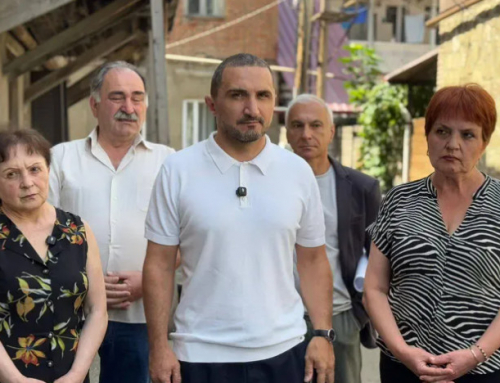
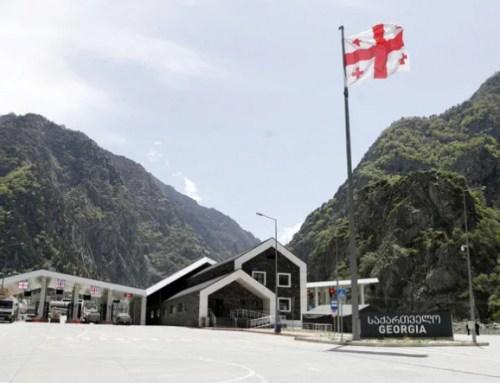
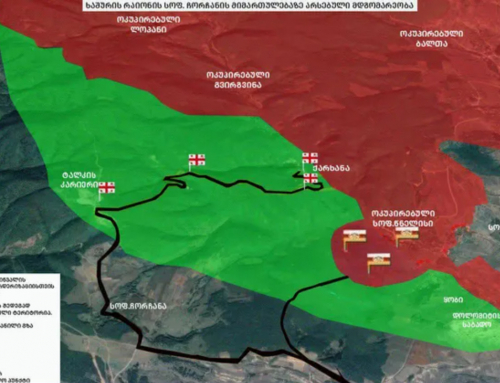
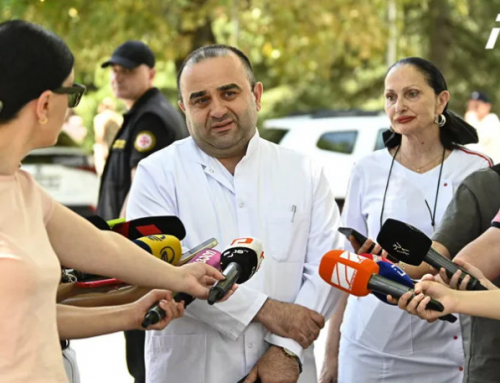
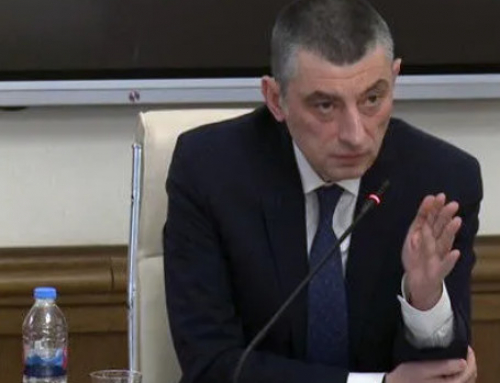
Leave A Comment
You must be logged in to post a comment.